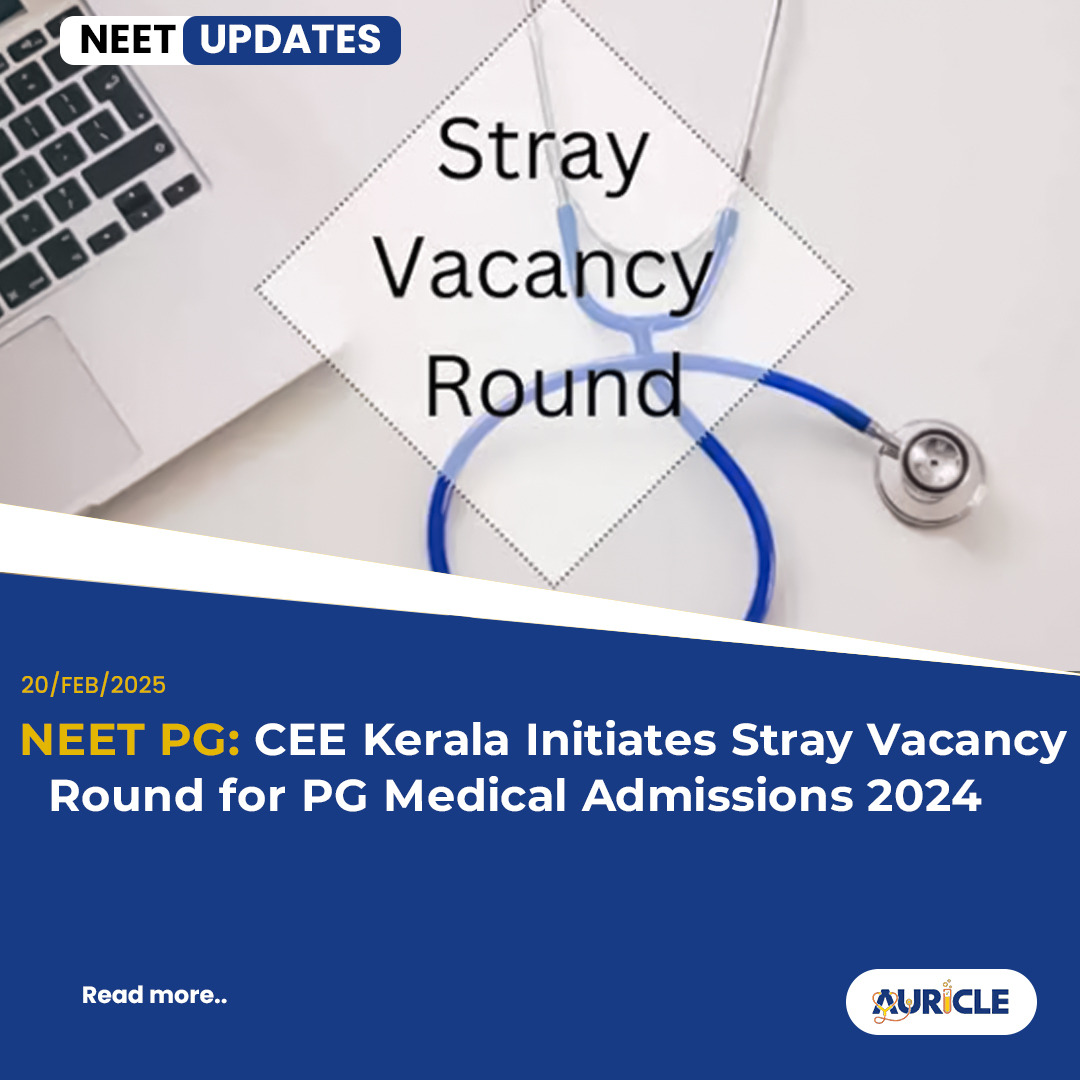

Personal Stories. Expert Perspectives.


Atopic Dermatitis
CDC Study Warns of Rising Tularemia
Cases in Central US: A Growing Public Health Concern
A new study by the Centers for Disease
Control and Prevention (CDC) highlights a worrying increase in tularemia cases
in the central United States. This bacterial infection, caused by Francisella
tularensis, poses a serious threat to both humans and animals, emphasizing the
urgent need for enhanced public health strategies.
What Is Tularemia?
Tularemia, often referred to as “rabbit
fever,” is a zoonotic disease that can affect humans through direct contact
with infected animals, insect bites (particularly ticks and deer flies),
ingestion of contaminated water, or inhalation of aerosols.
Symptoms vary depending on the mode of
infection and may include:
Ulcers at the site of infection.
Swollen lymph nodes.
Fever, chills, and fatigue.
Respiratory symptoms, including cough and chest
pain.
Without timely treatment, tularemia can
lead to severe complications, including pneumonia and systemic infections.
Key Findings from the CDC Study
1.
Rising Case Numbers:
Tularemia cases in the central US have seen
a 30% increase over the past five years.
States like Kansas, Missouri, and Nebraska
are experiencing the highest spikes.
2.
Contributing Factors:
Climate Change: Warmer temperatures and
increased humidity create favorable conditions for ticks and deer flies, the
primary vectors of the disease.
Human-Animal Interactions: Increased
outdoor activities, farming, and wildlife encounters elevate exposure risks.
3.
High-Risk Groups:
Farmers, hunters, and outdoor enthusiasts
are particularly vulnerable due to increased contact with wildlife and
tick-prone areas.
4.
Mortality and Morbidity:
While tularemia is treatable with
antibiotics like streptomycin and doxycycline, delays in diagnosis can lead to
a higher mortality rate, especially in rural regions with limited healthcare
access.
Public Health Implications
Enhanced Surveillance:
The CDC has called for improved
surveillance systems to monitor and respond to tularemia outbreaks promptly.
Community Awareness:
Educating the public on preventive
measures, such as wearing protective clothing, using insect repellents, and
avoiding contact with sick or dead animals, is critical.
Veterinary Collaboration:
As tularemia affects both humans and
animals, coordinated efforts between veterinarians and healthcare providers are
essential to control the spread.
Preventive Measures
1.
Tick Prevention:
Use EPA-approved insect repellents.
Wear long sleeves, pants, and closed shoes
during outdoor activities.
Conduct thorough tick checks after spending
time in wooded or grassy areas.
2.
Avoid Wildlife Contact:
Do not handle or consume undercooked meat
from wild animals.
Avoid skinning or handling dead animals
without proper precautions.
3.
Safe Water Practices:
Ensure drinking water is from safe,
uncontaminated sources.
4.
Vaccination Research:
While no tularemia vaccine is currently
available for humans, ongoing research aims to develop effective preventive
options.
Expert Opinions
Dr. Sarah Greene, an infectious disease
specialist, states, “The rise in tularemia cases is a wake-up call. Public
health systems must prioritize education, surveillance, and resource allocation
to prevent further spread.”
Epidemiologist Dr. Ravi Nair adds, “Climate
change’s impact on vector-borne diseases like tularemia cannot be ignored.
Comprehensive strategies are needed to mitigate these emerging threats.”
Conclusion
The growing threat of tularemia in the
central US underscores the need for vigilance and proactive measures. By
raising awareness, improving diagnostic capabilities, and promoting preventive
practices, public health authorities can mitigate the impact of this
potentially severe disease.

Himachal Pradesh Grants Full Salary to Doctors on Study LeaveIn a significant policy shift, the Himachal Pradesh government has announced that allopathic doctors pursuing postgraduate (PG) courses, senior residency, or Doctorate of Medicine (DM) programs will now receive their full salaries during their study leave. This decision, directed by Chief Minister Sukhvinder Singh Sukhu, aims to support medical professionals in advancing their education without financial constraints. Previously, a cabinet decision had reduced the salary for doctors on study leave to 40%, which deterred many from seeking further specialization due to financial concerns. The recent change reclassifies the period of advanced study as 'on duty,' ensuring that these medical practitioners continue to receive their full remuneration while enhancing their qualifications.Chief Minister Sukhu emphasized the importance of this initiative, stating that postgraduate medical students balance patient care responsibilities with their educational commitments, which is vital for both their professional growth and the state's healthcare system. By ensuring full pay during study leave, the government aims to support their dedication, enhancing both the quality of training for doctors and the healthcare services available to the public. This policy change is expected to lead to better patient outcomes and foster a more robust healthcare system, ultimately benefiting communities throughout Himachal Pradesh. The Himachal Medical Officers' Association has expressed gratitude for this decision, noting that the previous provision of only 40% salary was discouraging. The Chief Minister's swift and empathetic solution has significantly boosted morale among medical professionals. By investing in the professional development of its doctors, the Himachal Pradesh government aims to enhance the quality of medical services within the state, ensuring that residents have access to specialized and advanced healthcare without the need to seek treatment elsewhere.
By Auricle
February 20, 2025

CEE Kerala Initiates Stray Vacancy Round for PG Medical Admissions 2024The Commissioner of Entrance Examinations (CEE) Kerala has commenced the online stray vacancy allocation process for Postgraduate (PG) Medical Courses for the 2024 academic year. This initiative aims to fill vacant seats in Government Medical Colleges, the Regional Cancer Centre in Thiruvananthapuram, and self-financed medical colleges across the state. Eligible candidates listed in the Kerala State Merit list are invited to register their options through the official CEE website by 5:00 PM on February 20, 2025. The allotment will be based on the merit list and the preferences submitted online by the specified deadline. Candidates who receive an allotment are required to join the designated colleges and remit the necessary fees.The tentative schedule for the stray vacancy allotment is as follows:· Option Registration Period: February 18 to February 20, 2025, until 5:00 PM· Publication of Provisional Allotment (Phase I): February 21, 2025· Publication of Final Allotment (Phase I): February 22, 2025· Candidate Reporting to Allotted Colleges: February 23 to February 25, 2025, by 3:00 PM· College Authorities to Approve and Submit Admitted Candidates List: February 25, 2025, by 4:00 PM· Publication of Provisional Allotment (Phase II): February 25, 2025· Publication of Final Allotment (Phase II): February 26, 2025· Candidate Reporting to Allotted Colleges (Phase II): February 27 to February 28, 2025, by 4:00 PM· College Authorities to Approve and Submit Admitted Candidates List (Phase II): February 28, 2025Candidates must note that fresh option registration is mandatory for participation in the stray vacancy filling phase. An option registration fee is required, equivalent to the annual tuition fee for those opting only for Government Medical Colleges (including the Regional Cancer Centre) or ₹1,00,000 for those including self-financing colleges in their preferences. Candidates eligible for fee concessions, such as SC/ST/OE categories, will pay half of the specified amounts. The registration fee will be refunded to candidates who are allotted a seat and join the respective college; however, those who do not join the allotted seat will forfeit the registration fee as a penalty.It is crucial for candidates to understand that options registered in previous phases will not carry over to the stray vacancy phase; therefore, fresh registration of options is essential. Additionally, candidates who have already secured seats in earlier allotments and continue in those positions are not eligible to participate in this round. For detailed information and to access the option registration portal, candidates should visit the official CEE Kerala website.
By Auricle
February 20, 2025

Kashmiri MBBS Student Alleges Severe Ragging at Al-Ameen Medical CollegeKashmiri MBBS Student Alleges Severe Ragging at Al-Ameen Medical College In a deeply concerning incident, a second-year MBBS student from Kashmir, identified as Hamim, has reported severe ragging and assault by senior students at Al-Ameen Medical College in Vijayapura, Karnataka. The alleged abuse occurred following a cricket match altercation, escalating into physical and psychological harassment. According to the victim, the confrontation began when seniors from the 2019 batch objected to his presence near the cricket ground during a match between the 2019 and 2022 batches. Despite complying with initial requests to stay away, tensions escalated as seniors reportedly humiliated him, forcing him to perform an 'Al-Ameen salute,' sing, and dance. They allegedly attempted to coerce him into a car, implying further harm. When he resisted and tried to document the incident on his phone, their aggression intensified. Later that evening, a group of six to eight individuals allegedly stormed into Hamim's hostel room, subjected him to a brutal beating, and coerced him into recording an apology video under duress. They issued threats, warning him of dire consequences over the next four years and prohibiting him from participating in cricket during this period.In response to the complaint, the Vijayapura police have arrested five senior students: Mohammed Zainul (23), Sameer (24), Shaik Sawood (23), Mansoor Bhasha (24), and Muzzaffer alias Mujeeb Jamadar (23). They have been charged under relevant sections of the Bharatiya Nyaya Sanhita and the Karnataka Education Act, 1983, pertaining to assault and ragging. The Jammu and Kashmir Students Association (JKSA) has strongly condemned the incident, urging Karnataka Chief Minister Siddaramaiah to intervene and ensure justice for the victim. They emphasize the necessity for stringent anti-ragging measures to protect students, especially those from outside the state. This incident highlights the persistent issue of ragging in educational institutions, underscoring the urgent need for effective enforcement of anti-ragging policies to safeguard student welfare. #Ragging #StudentSafety #MedicalCollege #Karnataka #JusticeForHamimIn a deeply concerning incident, a second-year MBBS student from Kashmir, identified as Hamim, has reported severe ragging and assault by senior students at Al-Ameen Medical College in Vijayapura, Karnataka. The alleged abuse occurred following a cricket match altercation, escalating into physical and psychological harassment.According to the victim, the confrontation began when seniors from the 2019 batch objected to his presence near the cricket ground during a match between the 2019 and 2022 batches. Despite complying with initial requests to stay away, tensions escalated as seniors reportedly humiliated him, forcing him to perform an 'Al-Ameen salute,' sing, and dance. They allegedly attempted to coerce him into a car, implying further harm. When he resisted and tried to document the incident on his phone, their aggression intensified.Later that evening, a group of six to eight individuals allegedly stormed into Hamim's hostel room, subjected him to a brutal beating, and coerced him into recording an apology video under duress. They issued threats, warning him of dire consequences over the next four years and prohibiting him from participating in cricket during this period.In response to the complaint, the Vijayapura police have arrested five senior students: Mohammed Zainul (23), Sameer (24), Shaik Sawood (23), Mansoor Bhasha (24), and Muzzaffer alias Mujeeb Jamadar (23). They have been charged under relevant sections of the Bharatiya Nyaya Sanhita and the Karnataka Education Act, 1983, pertaining to assault and ragging.The Jammu and Kashmir Students Association (JKSA) has strongly condemned the incident, urging Karnataka Chief Minister Siddaramaiah to intervene and ensure justice for the victim. They emphasize the necessity for stringent anti-ragging measures to protect students, especially those from outside the state.This incident highlights the persistent issue of ragging in educational institutions, underscoring the urgent need for effective enforcement of anti-ragging policies to safeguard student welfare.#Ragging #StudentSafety #MedicalCollege #Karnataka #JusticeForHamimIn a deeply concerning incident, a second-year MBBS student from Kashmir, identified as Hamim, has reported severe ragging and assault by senior students at Al-Ameen Medical College in Vijayapura, Karnataka. The alleged abuse occurred following a cricket match altercation, escalating into physical and psychological harassment.According to the victim, the confrontation began when seniors from the 2019 batch objected to his presence near the cricket ground during a match between the 2019 and 2022 batches. Despite complying with initial requests to stay away, tensions escalated as seniors reportedly humiliated him, forcing him to perform an 'Al-Ameen salute,' sing, and dance. They allegedly attempted to coerce him into a car, implying further harm. When he resisted and tried to document the incident on his phone, their aggression intensified. Later that evening, a group of six to eight individuals allegedly stormed into Hamim's hostel room, subjected him to a brutal beating, and coerced him into recording an apology video under duress. They issued threats, warning him of dire consequences over the next four years and prohibiting him from participating in cricket during this period.In response to the complaint, the Vijayapura police have arrested five senior students: Mohammed Zainul (23), Sameer (24), Shaik Sawood (23), Mansoor Bhasha (24), and Muzzaffer alias Mujeeb Jamadar (23). They have been charged under relevant sections of the Bharatiya Nyaya Sanhita and the Karnataka Education Act, 1983, pertaining to assault and ragging.The Jammu and Kashmir Students Association (JKSA) has strongly condemned the incident, urging Karnataka Chief Minister Siddaramaiah to intervene and ensure justice for the victim. They emphasize the necessity for stringent anti-ragging measures to protect students, especially those from outside the state. This incident highlights the persistent issue of ragging in educational institutions, underscoring the urgent need for effective enforcement of anti-ragging policies to safeguard student welfare.
By Auricle
February 20, 2025